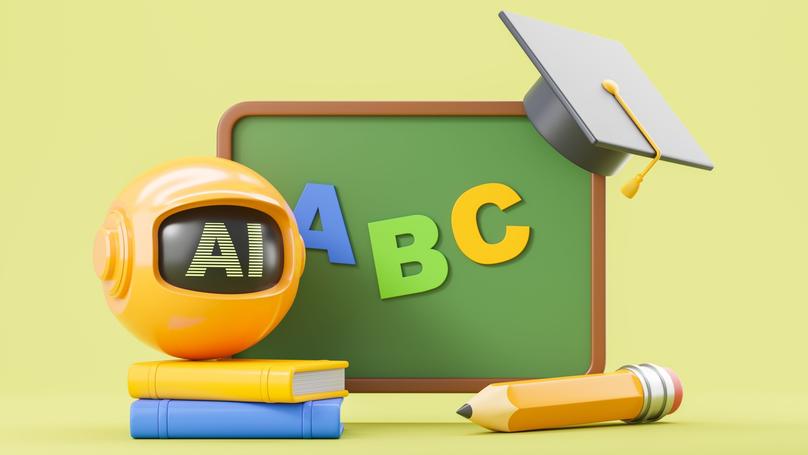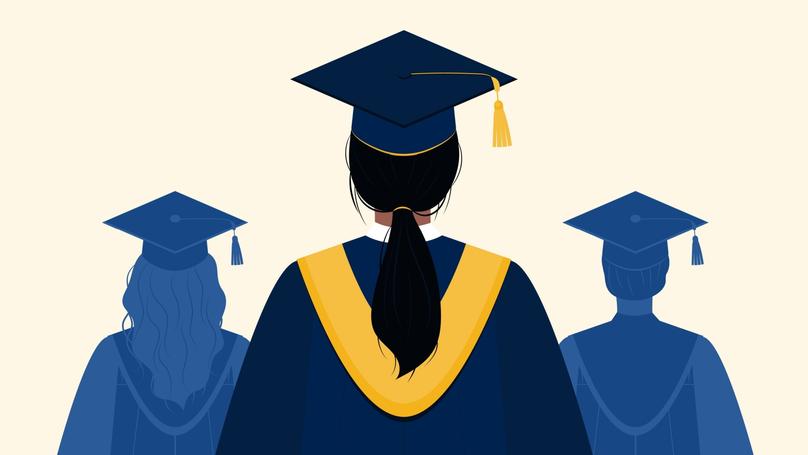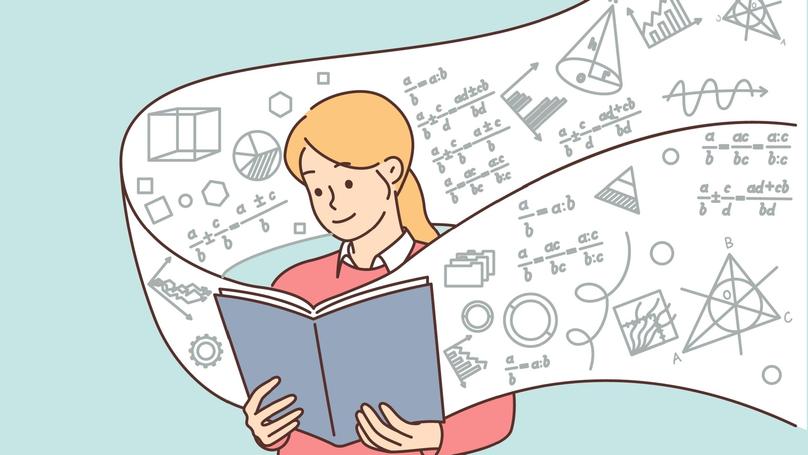News from the world of learning and education — November 2024
Every day there are various events happening in the world, and the field of education, none more so than EdTech.

Traditionally, we at Lectera bring you only good news so that you can find out what's happening in education and rejoice. It is tradition that Lectera only bring you good news about what's happening in education; so rejoice! Here is a selection of the most interesting and promising news from November - have a look!
South Africa, Canada, and Sweden introduce online classes where students take on the role of teachers

The Global Classroom project was developed by the universities together with Vancouver Design Nerds, an organisation that specialises in creating collaborative spaces for designers and entrepreneurs. Thus, the Global Classroom service is based on the concept of design thinking, which allows students from different parts of the world to study together and at the same time independently control the educational process.
In practice, it works like this: students connect to a common online space and get simultaneous access to tasks and materials, which they also read, discuss, and analyse at the same time. All the highlighted and recorded knowledge is stored and broadcast to all the participants in the process, after which it moves with the participants themselves to the next stage of learning, and the cycle repeats. Thus, all students independently build and accumulate their own library of knowledge while mastering new skills in the group. Since there are no teachers and all participants have to act as co-designers and facilitators themselves, this is a great way to increase engagement in the learning process.
Global Classroom has already been successfully used at the University of Toronto (Scarborough) in Canada, as well as at University West in Sweden and Stellenbosch University in South Africa. According to the developers, Global Classroom also contributes to the development of communication skills, as many modern students "feel isolated" and want to socialise with their peers, but don't know how.
Australia's Department of Education launches a national programme to bring AI into schools

Australia's decision was prompted by a severe teacher shortage and a disproportionate workload that is fuelling a growing withdrawal from the profession among the younger generation (many teachers quit within the first three to four years, according to statistics). And increasing class sizes reduce the level of individualised attention to students and, in turn, the quality of teaching.
Paul Matthews, a teacher at an Australian school, is concerned about this problem and has developed a special artificial intelligence that is capable of solving basic administrative tasks instead of the teacher, thus allowing them to focus on the main thing - live interaction with their students. Thus, the AI he created plans lessons, creates tests and worksheets, takes care of sending emails (personalised at that!) and much more. In short, it frees up teacher time from technical work to work with the classroom. The AI is currently being tested in Australia and is performing well!
Universities in the UK are to allocate extra funding to support students from low-income families

UK Education Secretary Bridget Phillipson has announced the government's plans to increase student support loans. Thus, the government plans to pay additional allowances of up to 414 GBP to students from low-income families. It also plans to resume the flow of students from the European Union, which was suspended after Brexit, i.e. the UK's voluntary exit from the EU.
Such supportive measures, however, are driven by other, rather unfortunate changes in UK education, namely inflation and its rising cost. Next autumn, annual university fees in Britain, which now stand at £9,250, will rise for the first time in eight years. However, the measures announced by Phillipson are designed to mitigate the impact of this and open up new opportunities for students who are just planning their studies, including those from other countries.
TIMSS maths and science test results published

Every year, TIMSS - an international assessment of quality and trends in maths and science education - tests school students in different countries around the world and compiles a ranking based on the data obtained. Thus, the published results show a steady and widespread development of pupils in grade 4 in most countries, but a decline in the quality of their knowledge after grade 8.
Asian countries, namely Singapore, Japan, and South Korea, were the best performers in maths and science, as in previous years. Average scores also increased in the United Arab Emirates, Turkey and Australia, while Israel declined and the United States was the worst performer (including in language and grammar, which were additionally tested). A total of 650,000 fourth- and eighth-grade students from 64 countries took part in the test.
MIT launches a new STEAM education platform to prepare students to build careers

The Massachusetts Institute of Technology (MIT), together with Australian education technology provider Open Learning, has developed a fundamentally new learning architecture for secondary schools that can now be integrated into any institution anywhere in the world. Since the primary goal of today's educators, according to MIT, is to prepare students for future employment and career development and beyond, STEAM focuses primarily on interdisciplinary skills, student engagement in diverse communities, and social-emotional and cultural learning.
In practice, STEAM is a collection of resources and reference materials for schools and for improving their old learning curricula, as well as for developing new ones. All the approaches and tools that STEAM offers are designed to get students thinking critically, using modern technology in their work and independently setting and solving large-scale tasks.












 Freelancing, Remote Work, Office Jobs, or Consulting: How to Choose the Work Format That’s Right for You
Freelancing, Remote Work, Office Jobs, or Consulting: How to Choose the Work Format That’s Right for You
 Test: How Prone Are You to Abusive Behavior as a Manager?
Test: How Prone Are You to Abusive Behavior as a Manager?
 The Psychology of Decision-Making: 7 Traps Leaders Are Most Likely to Fall Into
The Psychology of Decision-Making: 7 Traps Leaders Are Most Likely to Fall Into
 Test. What superpower would you possess if you were a superhero?
Test. What superpower would you possess if you were a superhero?
 Test. What Should You Let Go of Before Winter Ends?
Test. What Should You Let Go of Before Winter Ends?
 Test. Which Ritual Should You Start Practicing This Winter?
Test. Which Ritual Should You Start Practicing This Winter?
